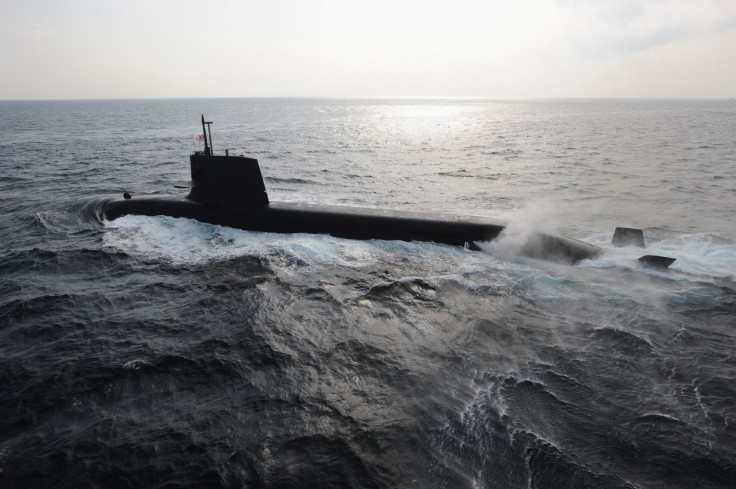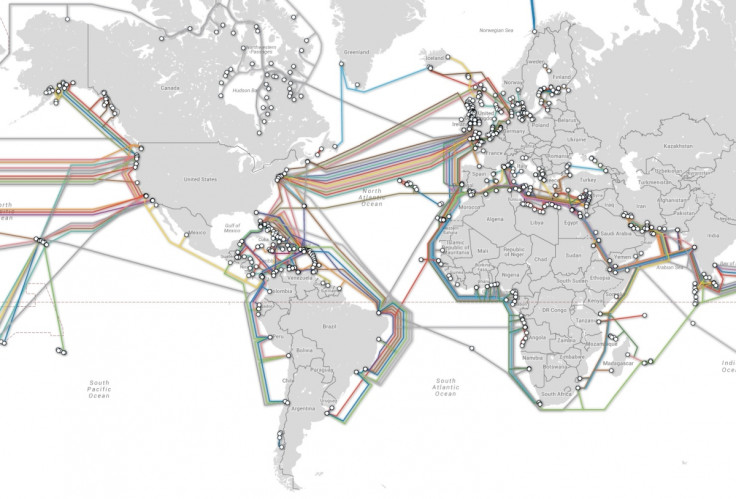US fears Russian submarines cutting undersea internet cables

There is growing concern among US military and intelligence officials that Russia could sever underwater fibre-optic cables upon which governments, economies and citizens depend, reports suggest. More than a dozen officials have confirmed the Pentagon is focusing significant attention on the movements of Russian spy ships and submarines in the vicinity of cable routes that carry electronic communications.
Details of Russia's naval activities are highly classified, however sources close to the matter have reportedly revealed suspicious activity has been monitored in the North Sea, north east Asia and close to US shores. Some officials have gone as far as to call the level of Russian activity around these cables as "comparable to what we saw in the Cold War".
The cables are so vital to global electronic communications and commerce that the Department of Homeland Security lists them at the top of its list of most important "critical infrastructure". More than 95% of daily communications are carried along them and are said to be worth more than $10tn (£6.5tn) to global business. Pentagon planners believe if diplomatic relations break down, Russia could target cables in deep, mid-ocean locations that are difficult to repair.

"The risk here is that any country could cause damage to the system and do it in a way that is completely covert, without having a warship with a cable-cutting equipment right in the area," said Michael Sechrist, as reported by the New York Times. The former project manager for a research project funded by the US Defense Department noted cables were often cut as a result of ship anchors dragging, or due to natural disasters, however such cuts tend to take place close to the the shore and are easy to repair.
Intelligence officials also believe Russia could be collecting data from them in order to eavesdrop on communications. Intelligence analysts claim both the US and Russia possess submarines capable of tapping into the cables.
Admiral Victor Chirkov, head of the Russian Navy, has increased submarine patrols by almost 50% over the past 12 months, according to the commander of US naval operations in Europe. Admiral Mark Ferguson said it is part of a new form of hybrid warfare being adopted by the Russians. "This involves the use of space, cyber, information warfare and hybrid warfare designed to cripple the decision-making cycle of the alliance," he said. "At sea, their focus is disrupting decision cycles."
© Copyright IBTimes 2025. All rights reserved.






















